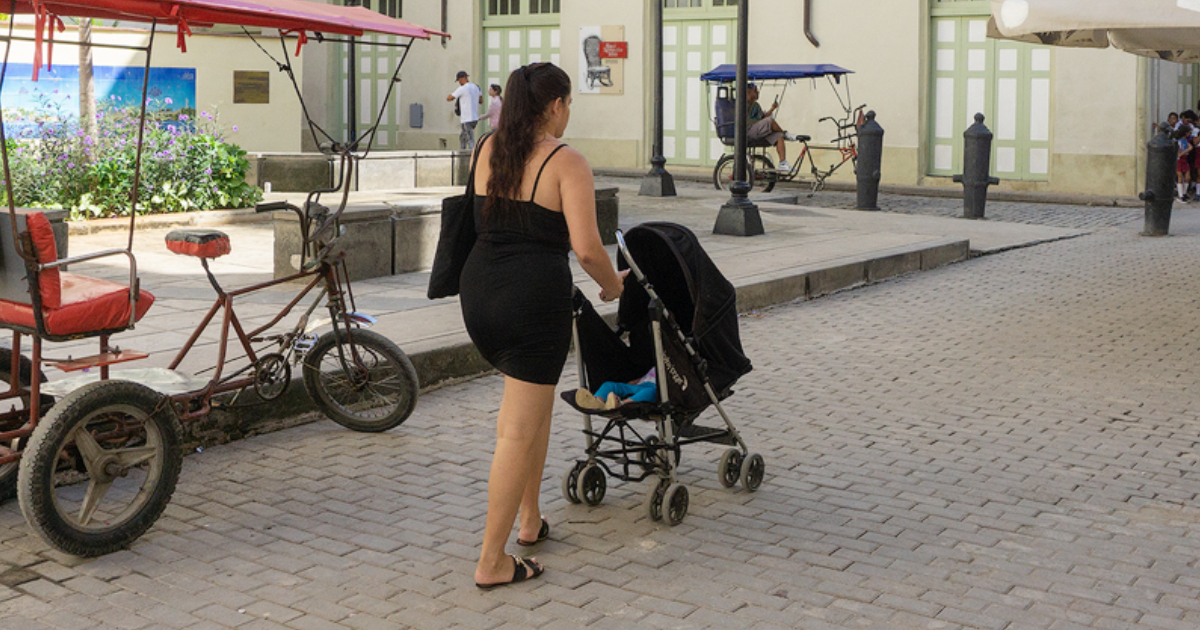In an effort to support mothers and fathers caring for their newborns during the early stages, Cuba has enacted Decree-Law 84 of 2024, extending the period for social benefit entitlement up to the child's first 15 months. Recently approved by the Council of State, this measure amends articles 1, 8, 24, 40, 42, and 44 of Decree-Law 56, which pertain to worker maternity and family responsibilities, originally dated October 13, 2021.
Published this Thursday in the special edition No. 36 of the Official Gazette of the Republic, the decree aims to enhance family involvement in child rearing, aligning with policies addressing demographic dynamics.
Against a backdrop of severe demographic crisis marked by an aging population, declining birth rates, and migration, this legislation is part of the government's broader strategy to address and encourage fertility. The regulation seeks to ensure and facilitate medical care for pregnant working women, prenatal and postnatal rest, breastfeeding, and baby care by both parents or other family members.
The regulation upholds the provisions established in 2021 regarding full salary payment to state and non-state sector working mothers in cases of high-risk pregnancies, as well as social and monetary benefits based on medical certificates for pregnant women and mothers with sick children.
Cuban working women are entitled to receive 60% of their average monthly salary during their prenatal and postnatal leave, calculated based on their earnings in the 12 months prior to their maternity leave.
Previously, in 2017, two decrees and four resolutions were approved to extend maternity benefits, including paid participation of other family members in child care and tax reductions for private-sector workers with two or more children under 17 years old.
Cuba is one of the most aged countries in the region. According to official figures from 2023, 21.9% of the population is at least 60 years old, reported by EFE news agency. Additionally, the birth rate stands at 8.9 per 1,000 inhabitants, and fertility rates have hit their lowest in the past 60 years, as per data from the Center for Population and Development Studies, cited by the Spanish media.
Understanding Cuba's New Maternity and Paternity Leave Policy
To provide clarity on the recent changes in Cuba's maternity and paternity leave policy, here are some frequently asked questions and their answers.
What are the key changes introduced by Decree-Law 84 of 2024?
The decree extends the social benefit period to 15 months, amends several articles related to maternity and family responsibilities, and aims to increase family involvement in child rearing.
Who is eligible for the extended maternity and paternity leave benefits?
Both state and non-state sector working mothers are eligible, especially in cases of high-risk pregnancies, as well as parents or family members caring for newborns.
How is the maternity leave salary calculated?
The salary is calculated based on 60% of the average monthly earnings over the 12 months preceding the maternity leave.
What additional benefits were introduced in 2017?
In 2017, benefits were extended to include paid participation of other family members in child care and tax reductions for private-sector workers with two or more children under 17.
